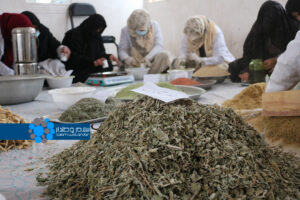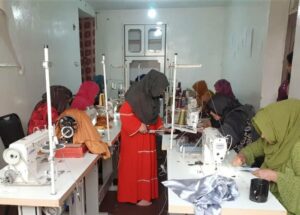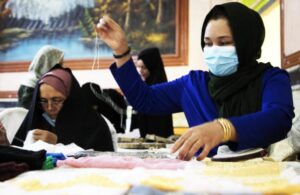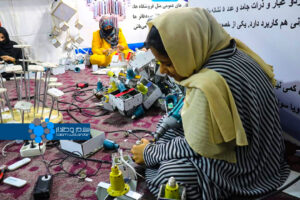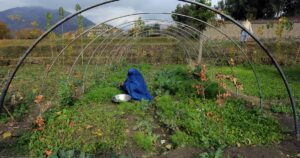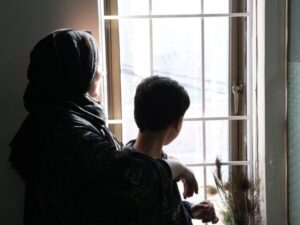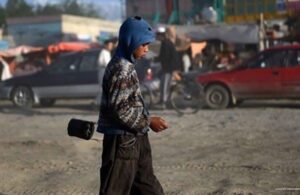
Afghan students in Bishkek: far from home, fighting for tomorrow
“For many Afghans, education is not just a right. It is a necessity. If we do not study, we have nothing to stay for, nothing to survive on. Education is a way to escape a fate that threatens us,” Samir says.


